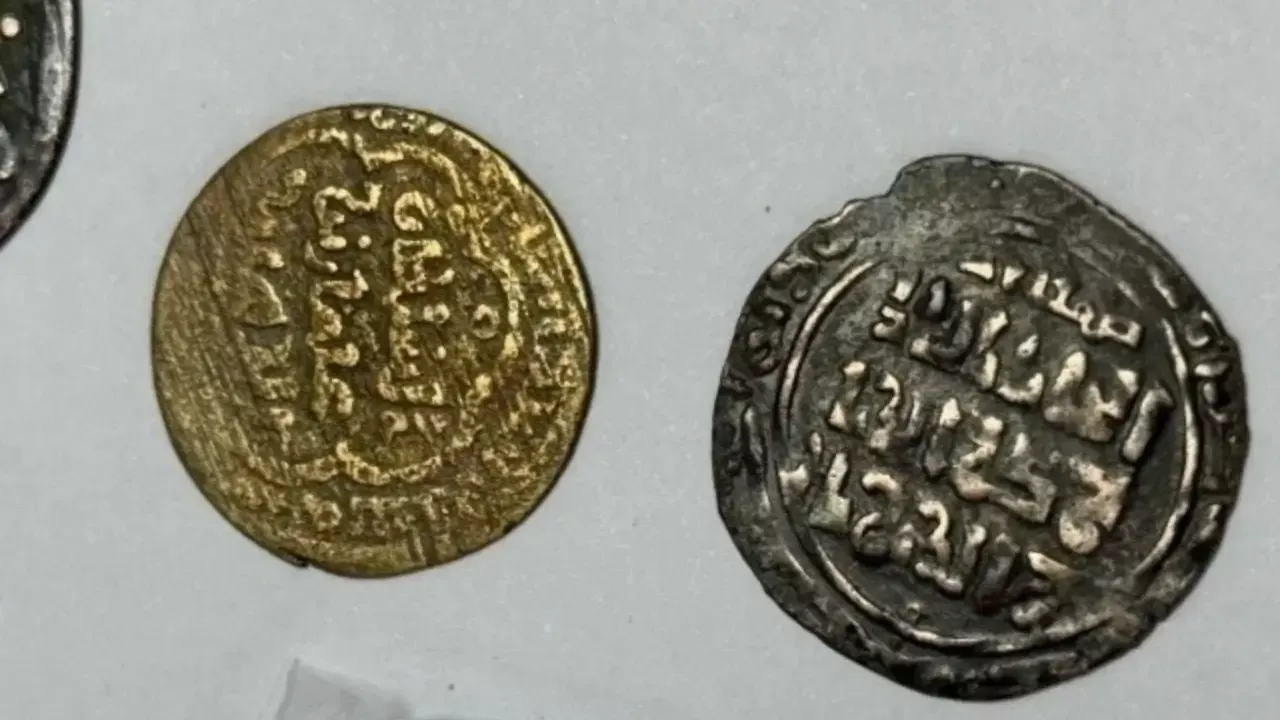Ancient coins were illegally exported in Tashkent

An event of historical significance took place in the city of Tashkent. This was reported by Zamin.uz.
An attempt to illegally export ancient coins and cultural artifacts dating from the 2nd-1st centuries BC to the 20th century was detected. This was announced on August 29 by Husan Tangriyev, the press secretary of the Customs Committee of Uzbekistan.
The incident occurred at the "Keles" railway border post of the Tashkent city customs department. During the inspection, the hand luggage and bags of a person on the "Tashkent-Novosibirsk" train route were checked.
As a result, 325 ancient coins, jewelry items, various artifacts, as well as weights and arrowheads were discovered and confiscated by customs officers. According to the customs officials, 210 of these coins belong to almost all states that emerged in the history of Uzbek statehood and are recognized as a unique collection.
It was noted that these findings have great historical and cultural significance. According to the results of the art expertise of the Department of Artistic Expertise of the Cultural Heritage Agency of the Republic of Uzbekistan, the discovered items cover the period from the 2nd-1st centuries BC to the 20th century.
Their total value was estimated at approximately 400 million soums. Currently, these cultural assets are temporarily stored in the fund of the Museum of the Center of Islamic Civilization of Uzbekistan.
According to legislation, the export of cultural assets older than 50 years from the country is strictly prohibited. Under the law "On the Export and Import of Cultural Assets," customs authorities are responsible for detecting and preventing illegal export cases abroad.
This event once again confirmed the importance of protecting our national cultural heritage (source: Customs Committee of Uzbekistan).







